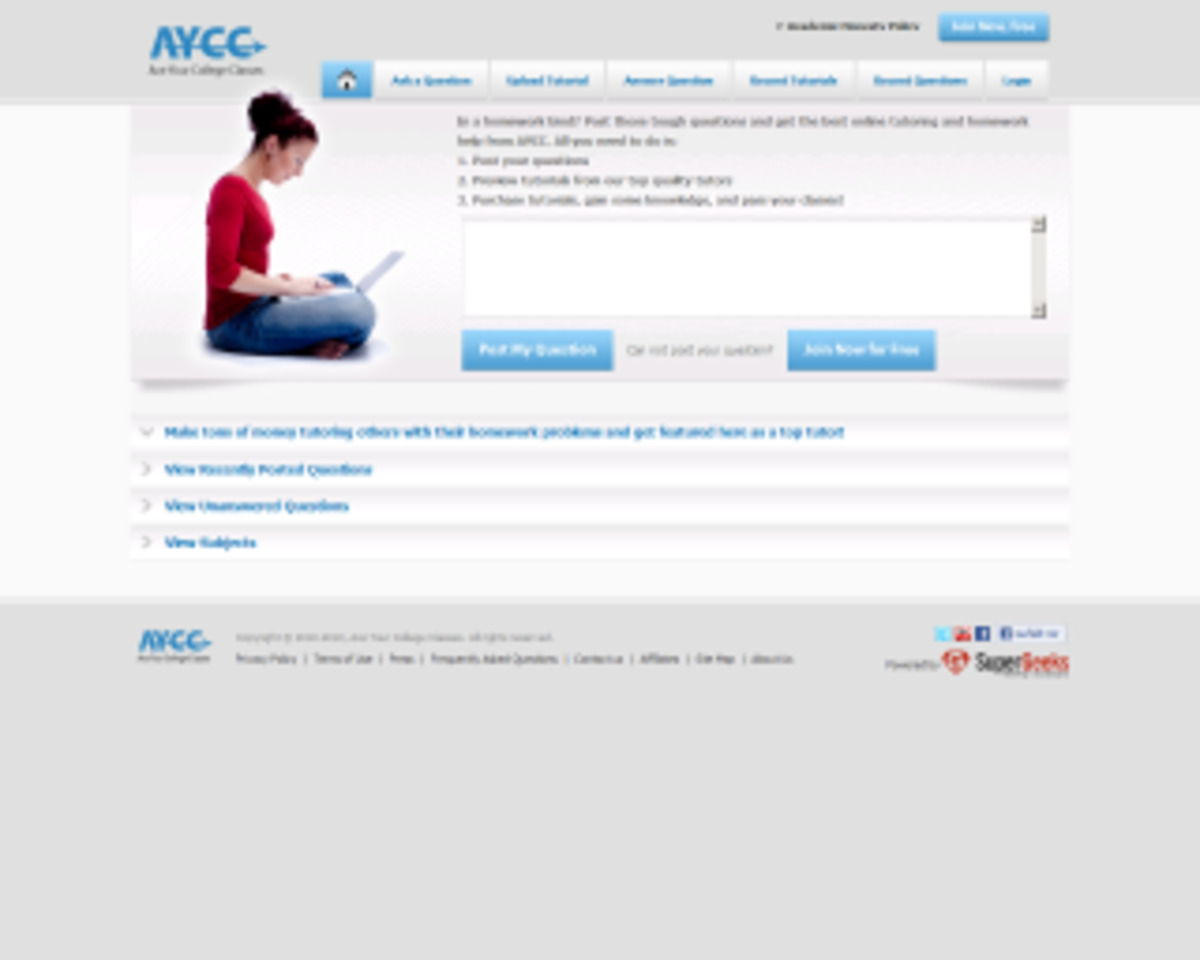The Five Questions That I Asked My Last Interviewer

As a small business owner for the past 14 years, I've been in my fair share of interviews. However, in all those interviews, I've always been the one looking for employees, not employment. As I begin to transition out of running my own shop and looking at opportunities I've been thinking about interviews from the other side of the coin. What did I learn from all those years of interviewing job seekers and potential employees? What do I need to take with me as I begin to sell myself to others. I don't know that I've mastered any magic equation to nailing a job interview, but I think I picked up a few tidbits along the way.
At the end of any interview I ever was a part of, the question was always asked of the candidate, "What questions do you have for us?" I was amazed at how this was handled. A few people came prepared with a couple decent questions, some only asked about salary and starting dates, while others asked nothing at all. My favorite responses, in no particular order were, "Yes, who are YOU guys," and "Tell me what your company does." Neither of those guys were asked back.
In order to have a successful interview, any candidate should be prepared to ask a few questions themselves, assuming the opportunity arises. It is a fairly common practice to allow the job seeker a chance to inquire about things they may want to know. This time is very important as any interview is a two way street, and it gives you a chance to find out more details that you will sincerely want to know. Additionally, it shows an employer that you have a genuine interest in their company and the position, and that you have not just practiced a series of answers, but instead really want to make sure this is the right fit for both parties.
I recently had my first interview of the past two decades where I was considering a position, rather than seeking an employee. I was told I would be asked exactly 4 questions. After which, they asked if I had any questions, and I asked more of them than they did of me. Here are the 5 questions I asked in my last interview.
Question 1 - What can you tell me about the person I would be replacing if I were hired.
Why this is important: I always like to know what kind of shoes I'm filling. If you can get them to elaborate on how the person did their job, whether he was liked or not, and why or how he left, you can know a little bit more about the environment you are heading in to, should you get the job. In the case of my interview, I learned that the position was new, and that there was no person to replace, no shoes to fill, but I also learned what they were hoping to find by asking that simple question. This was information that wasn't in the job description, nor was it implied in any questions they asked me.
Question 2 - What can you tell me about the person I will be reporting to?
Why this is important: You shouldn't assume that the person interviewing you will be the person that would be your supervisor in the position. Often times there is a screening panel that does the interviewing, and although they may not completely be forthcoming with the information, you can at least get a feeling for the kind of person you might be working for. If they rattle off a million things they love without hesitation, then it is probably a favorable situation. If they say very little, are completely diplomatic, or use words like heavy-handed, hard to please, or impossible to please, you might consider how badly you want the job. In my case, one of the interview panel was also the supervisor and offered up information on her leadership style, without me even prompting that next question.
Question 3 - What is the biggest issue, problem, or task that I would need to address, should I be hired for the position.
Why this is important: This allows you to know if you will be walking into a situation where you immediately have to put out a fire, or multiple fires, or needed to build a department that has been failing, or perhaps help a successful team continue their winning streak. This also shows your potential employer that you are forward thinking. You're not just there to get the job and throw your arms in the air as you cross that finish line, but instead you see the hiring as only the beginning, and you're already wanting to prepare for how to help the company succeed because they've hired you.
Question 4 - How will you measure the success of your new hire?
Why this is important: Not only have you found a little insight into the task at hand, but you hopefully can also find out what is necessary to perform the task successfully. I have found that many job descriptions are not entirely accurate. Once I've passed the first round of having an application or resume accepted, I have more than once received the 'full' job description, or a copy of the job description that does not entirely match up to what is posted on the company website, or through a site like CareerBuilder. I'm not quite sure why this is, but I have a theory that some companies may be using the first listing as a giant strainer to see who applies. But I digress, asking what is the measure of success may get you a vague answer, but it might also get you at least a basic look at how fast the employer is expecting results.
5 - Why have you been at this company as long as you have.
Why this is important: Your career is just that...YOUR career. You may know a lot about a company before you go to work there, but you deserve to hear and understand the things that employees love about the company as well. You can't really say, "sell me on why I should want to work here," to an employer, especially in today's economy, unless you have a proven track record and are being courted by Fortune 500 headhunters. But, I've yet to find an employer that hasn't appreciated the question, and enjoyed sharing the positive things about their company to a prospective employee.
Every interview is a two way street. If and when you are given the chance to ask a few questions of your own, be prepared to do just that. You might also ask about the next steps in the process, and what else you can provide to help them make their decisions, but whatever you do, show up for your interview prepared to ask a few questions of your own.



